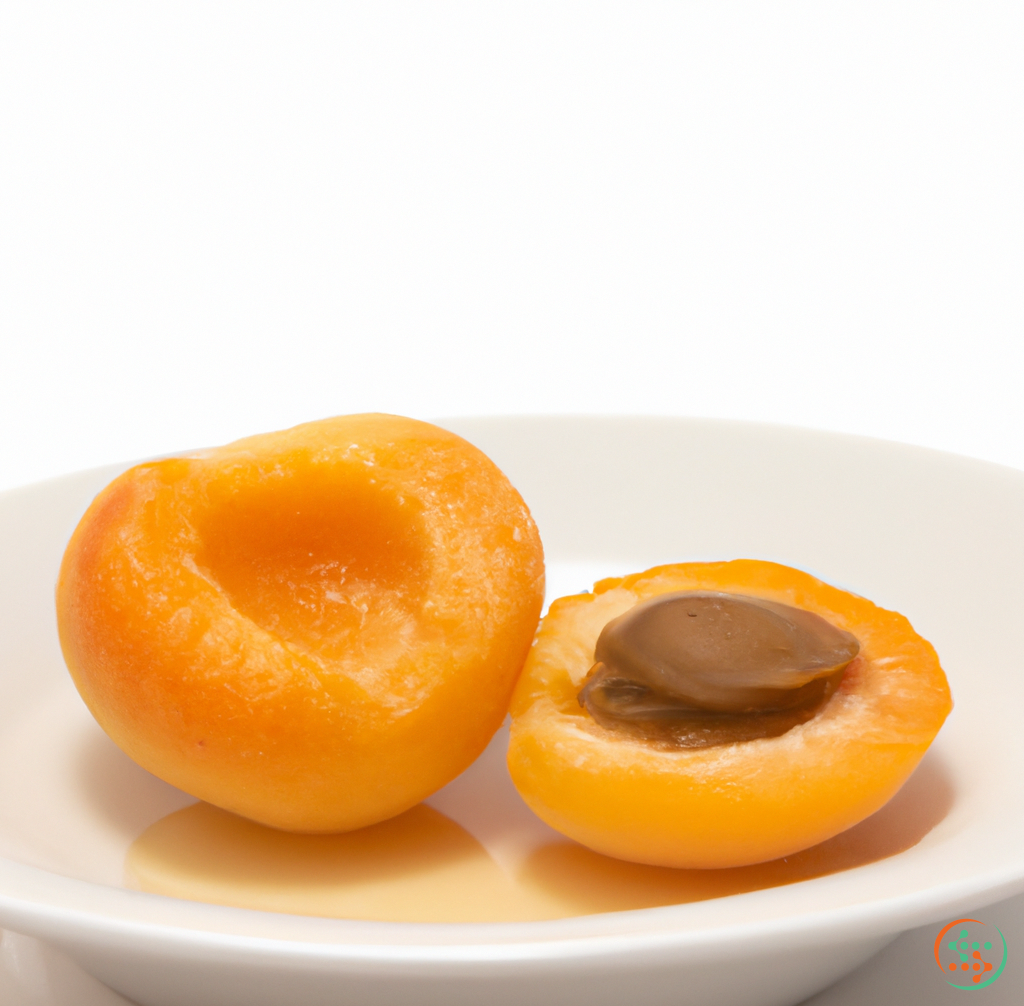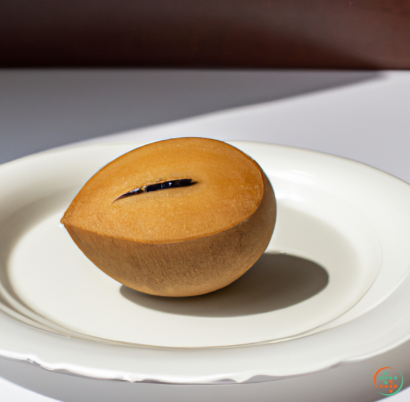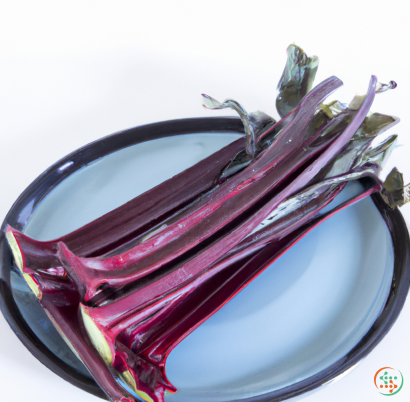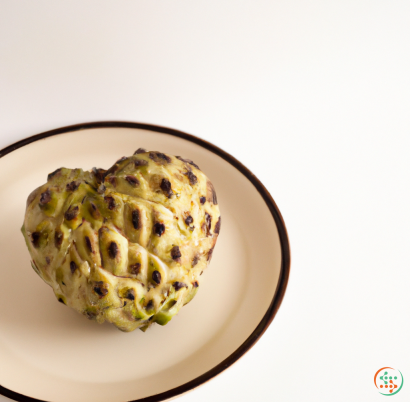Apricot Nectar: Complete Vitamin Profile
Apricot Nectar: Considered a good source of vitamins?
Apricot Nectar is a flavorful and nutritious sweet juice made by blending ripe apricots with water. It can be enjoyed on its own or used as an ingredient in many recipes. As far as vitamins go, it is a relatively good source of vitamin A and contains natural sources of other essential micronutrients such as potassium, magnesium, iron, and phosphorus.
The amount of vitamins in Apricot Nectar varies depending on the quality of the fruit used to produce the nectar. Generally speaking, it is not an exceptionally high source of vitamins but it does contain some valuable nutrients. For instance, one cup of Apricot Nectar provides about 15% of your daily Vitamin A needs and 33% for your daily dose of Potassium. Additionally, there are trace amounts of zinc, copper, manganese, B-vitamins, and antioxidants.
In conclusion, while Apricot Nectar isn't packed with vitamins, it still makes a healthy contribution to your diet thanks to its natural levels of vitamin A, minerals, and other essential micronutrients. The added flavor also helps turn any dish into something special.
Apricot Nectar ‐ Vitamin Information
Vitamins Found in Apricot Nectar
Apricots, and apricot nectar, are a popular source of nutrition due to their high content of essential vitamins and minerals. Vitamin A, C, E, thiamine (B1), riboflavin (B2), niacin (B3), pantothenic acid (B5), vitamin B6, folate (B9) and vitamin K can all be found in each serving of apricot nectar. While no single serving provides the full daily allowance for an adult, its nutrient composition makes it an excellent addition to any diet.
Vitamin A is a fat-soluble vitamin that aids with vision, bone health and reproduction. A single glass of apricot nectar contains 56 micrograms (mcg) of retinol activity equivalents (RAEs), which equates to roughly 11% of the daily recommended value. In addition to being beneficial to eyesight, Vitamin A also plays a role in immune system regulation, cell growth and development, and promotes healthy skin by promoting biosynthesis of collagen and keratin.
Apricot nectar also has nearly double the amount of Vitamin C as oranges, providing 18 milligrams (mg) per four ounces (118 mL). Ascorbic acid, more commonly known as Vitamin C, is necessary for proper wound healing and tissue repair, production of collagen, and functioning of neurotransmitters. Additionally, Vitamin C serves as an antioxidant, scavenging bacteria and virus cells, adding another layer of protection against disease.
Another key antioxidant found in apricot nectar is Vitamin E. The alpha tocopherol form of Vitamin E provides 5.5 mg per cup, though different sources may contain higher or lower amounts depending on processing techniques. This powerful fatty acid is shown to protect cells from damage caused by free radicals, making it important to reduce inflammation and prevent chronic illnesses like cancer or cardiovascular diseases. It has also been studied in reducing DNA mutations.
Rounding out the fat-soluble group of vitamins found in apricot nectar are Vitamins B1, B2 and B3. Thiamin (B1) also helps maintain muscle and nervous functions, metabolizing carbohydrates and synthesizing proteins. Riboflavin (B2) contributes to energy production, allowing for efficient breakdown of lipids, starches, sugars and other compounds in order to provide fuel for cellular processes. Finally, niacin (B3) is involved in countless bodily reactions such as digestion and hormonal responses, helping create new tissues and break down fats.
The second type of B vitamins essential for metabolism but water-soluble are B5, B6, B9 and B12. Pantothenic acid (B5) is found in many forms and indispensable to our diets, aiding in producting mood-balancing hormones, converting food into energy, synthetically creating cholesterol and much more. Pyridoxal phosphate (B6) is another helper, producing hemoglobin and regulating hormone receptors to fight conditions such as morning sickness during pregnancy. Also gaining attention lately is Folate (B9), which have been associated with reduced depression and improved brain functions, even these symptoms are still not fully understood. finally, we all need adequate intake of cobalamin, better known as B12, which works hand in glove with both B6 and B9.
Finally, Vitamin K, one of the lesser known components of apricot nectar, benefits your body through regular circulation between bones and muscles, creation of certain proteins and enzymes, and synthesis of two major hormones: estradiol (female) and testosterone (male) along with controlling enzyme activation or inhibition. With just 0.08 mcg per cup of nectar, this unassuming vitamin holds immense power to aid in most bodily systems and functions!
In conclusion, apricot nectar has a host of vitamins and minerals that make it a nutritional powerhouse. Not only does it provide us with some electrolytes such as potassium, magnesium and sodium, but it also supplies us with 11 essential vitamins spread across both fat-soluble and water-soluble categories. Although the general public knows little about the importance of these regularly overlooked nutrients, when incorporated into a diet even small doses can stave off many unwanted medical conditions.
| Vitamin A | 0.066 mg | |
| Beta-Carotene | 0.786 mg | |
| Vitamin E | 0.31 mg | |
| Vitamin K | 0.0012 mg | |
| Vitamin C | 0.6 mg | |
| Vitamin B1 | 0.01 mg | |
| Vitamin B2 | 0.01 mg | |
| Vitamin B3 | 0.26 mg | |
| Vitamin B4 | 0.001 grams | |
| Vitamin B5 | 0.1 mg | |
| Vitamin B6 | 0.02 mg | |
| Vitamin B9 | 0.001 mg |







